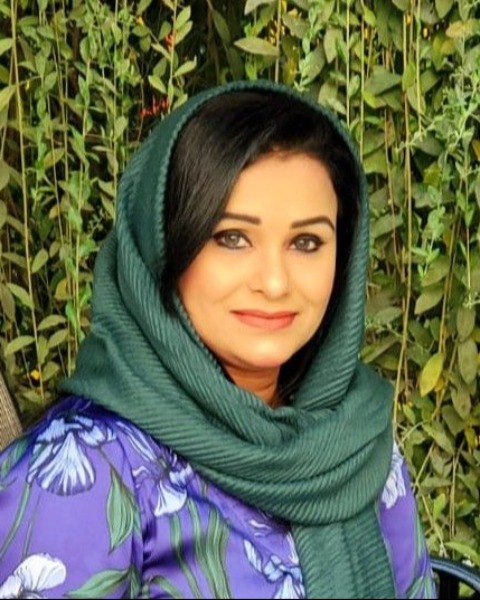
Fahmida Chowdhury, MBBS, MPH (she/her/hers)
Associate Scientist and Project Coordinator
icddr,b, Bangladesh
Disclosure(s): No financial relationships to disclose
Dr. Fahmida Chowdhury is an accomplished Associate Scientist and Project Coordinator at icddr,b, where she leads pivotal research groups focused on respiratory infections, and antimicrobial resistance (AMR). With over 24 years of extensive experience in public health and medicine, Dr. Chowdhury has significantly advanced the understanding of infectious diseases, particularly in the areas of AMR, respiratory infections, and childhood pneumonia. Her research portfolio is vast, encompassing over 40 major ongoing and completed projects, which include studies on AMR among pregnant women, neonates, healthy community individuals, and hospitalized patients. Additionally, she has led investigations into Candida auris, fungal surveillance, influenza, and its interplay with SARS-CoV-2, and the prevalence of Streptococcus pneumoniae. Dr. Chowdhury's leadership has resulted in approximately 60 peer-reviewed publications and over 600 citations, highlighting her impact on both national and global health landscapes.
Her work has attracted nearly 10 million USD in research funding, primarily from the Centers for Disease Control and Prevention (CDC), emphasizing her ability to secure and manage significant grants that propel public health research forward. Beyond her research contributions, Dr. Chowdhury plays a vital role in global health initiatives, actively participating in organizations such as the International Society for Influenza and other Respiratory Virus Diseases (ISIRV), the American Society of Tropical Medicine and Hygiene (ASTMH), and the Society for Healthcare Epidemiology of America (SHEA). She is recognized as a leader in her field, having received prestigious awards including the International Scholar Award and the SHEA Public Health Scholarship. Dr. Chowdhury's career is marked by her dedication to advancing public health through rigorous research, effective leadership, and a commitment to improving healthcare outcomes, particularly in resource-limited settings where her work has had a profound impact.
Poster(s):
-
Monday, October 20, 202512:15 PM - 1:30 PM US ETMonday, October 20, 202512:15 PM - 1:30 PM US ETTuesday, October 21, 202512:15 PM - 1:30 PM US ET(P-1342) Morganella morganii: Genomic Insights into Antimicrobial Resistance and Clonal TransmissionTuesday, October 21, 202512:15 PM - 1:30 PM US ETWednesday, October 22, 202512:15 PM - 1:30 PM US ET
